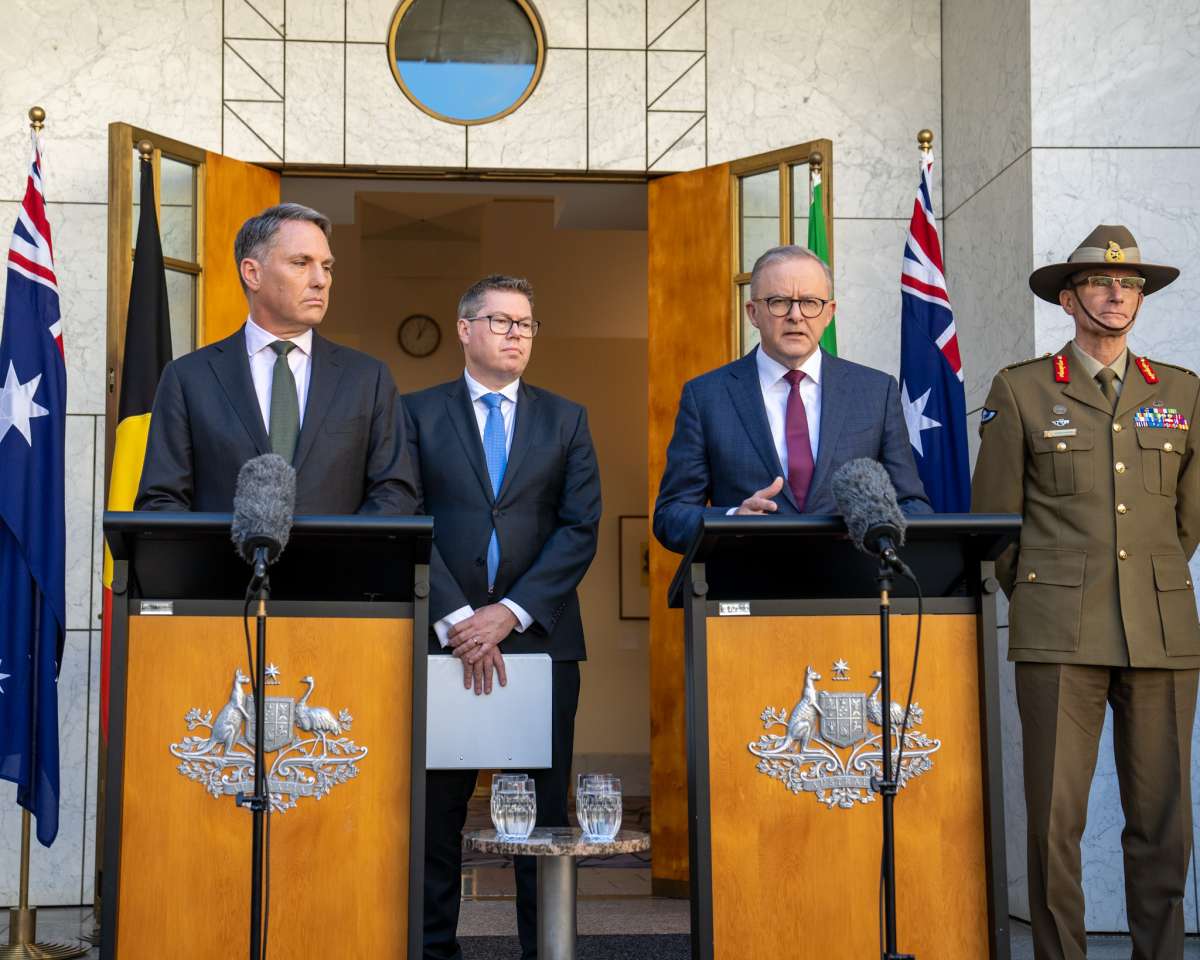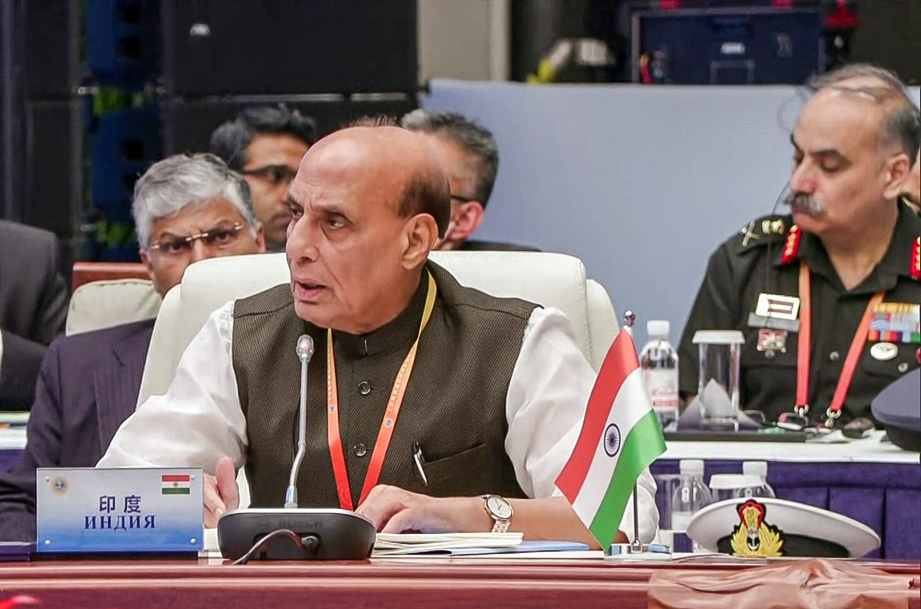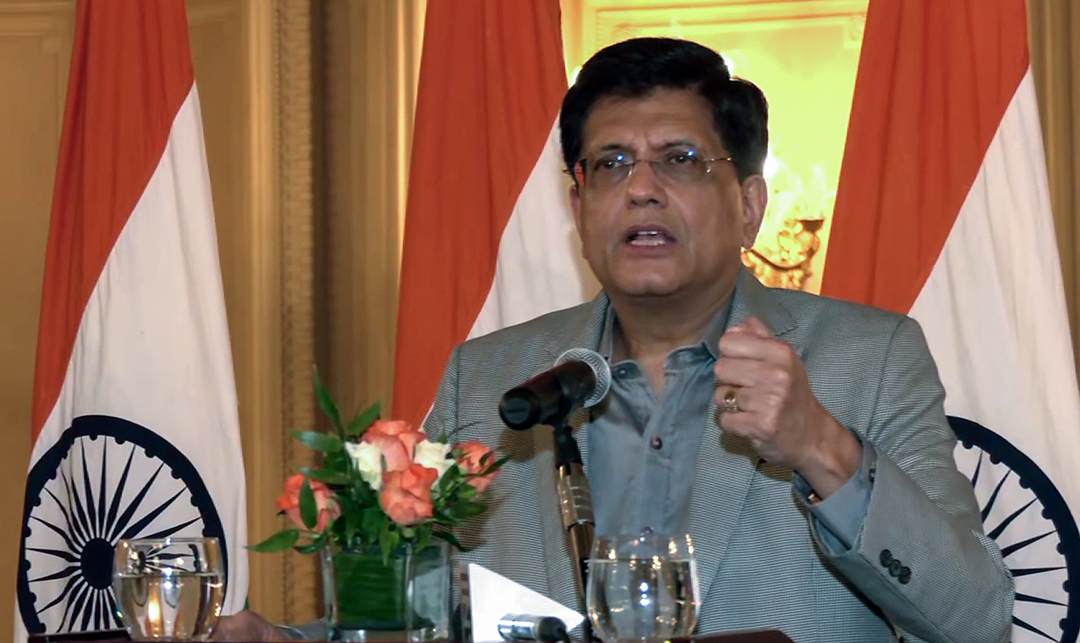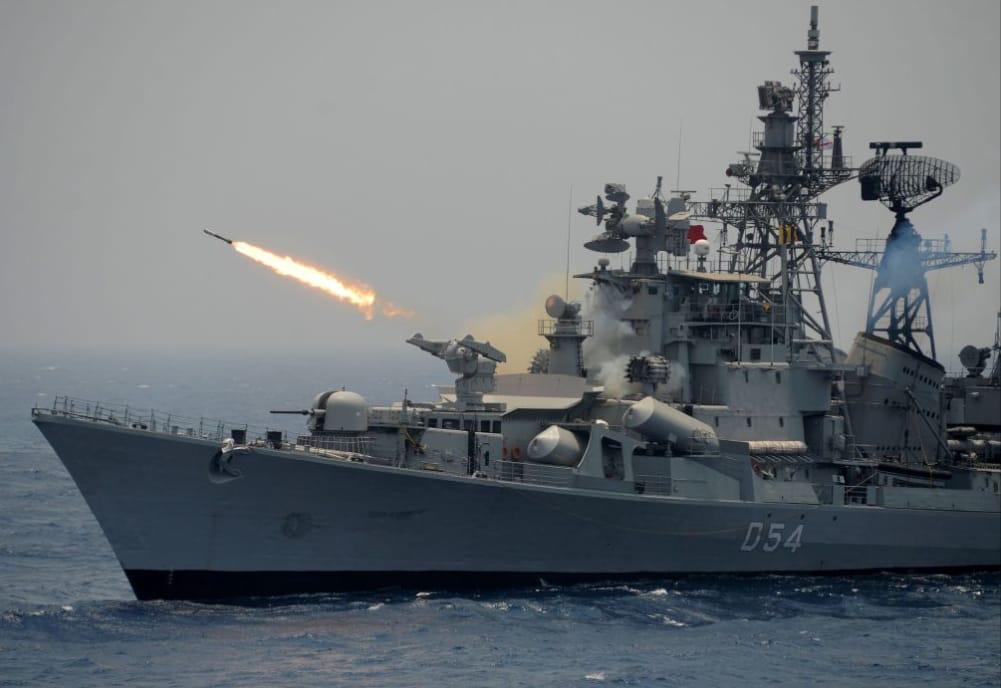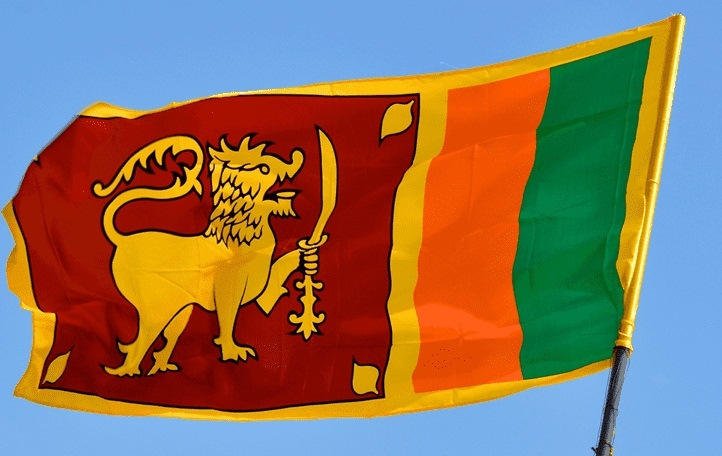The Review stated that Australia must continue to expand its relationships and practical cooperation with key powers, including Japan and India…reports Asian Lite News
Australia on Monday released the public version of the Defence Strategic Review (DSR) that has proposed a strategy of greater self-sufficiency combined with stronger relationships with its allies and key powers in the region, including Japan and India.
The country plans to prioritise its long-range precision strike capability, domestic production of guided weapons, and diplomacy, in its biggest defence shake-up since World War II. The review said Australia is facing a “radically different” strategic environment, including a military build-up by China, which is “the largest and most ambitious of any country since the end of the (World War II).”
“We commissioned the Defence Strategic Review to make sure Australia is more secure. Today, we’ve released our response to the review. It shows how determined we are to keep Australians safe. Because national security is every government’s most solemn responsibility,” Australian Prime Minister Anthony Albanese said in a tweet.
Commissioned in the first 100 days of Government, the Review sets the agenda for ambitious, but necessary, reform to Australia’s Defence posture and structure.
The review said the United States is no longer the “unipolar leader of the Indo-Pacific”, intense competition between the US and China is defining the region, and that this competition has “potential for conflict”.
The review called for the acquisition of nuclear-powered submarines through AUKUS (comprising of Australia, UK and US); develop the Australian Defence Force’s (ADF) ability to precisely strike targets at longer range and manufacture munitions in Australia; improve ADF’s ability to operate from Australia’s northern bases; improve the growth and retention of a highly skilled Defence workforce; lifting capacity to rapidly translate disruptive new technologies into ADF capability, in close partnership with Australian industry; and deepening of diplomatic and defence partnerships with key partners in the Indo-Pacific, read the press release of Australian Government, Defence.
“My Government commissioned the Defence Strategic Review to assess whether Australia had the necessary defence capability, posture and preparedness to best defend Australia and its interests in the strategic environment we now face,” said Albanese.
Australia would work more closely with the United States, including increased bilateral military planning, joint patrols and hosting more rotations of US forces, including submarines, said the review.
Australia must also strengthen defence cooperation with Pacific and Southeast Asian nations, the Review said.
Australia must continue to expand its relationships and practical cooperation with key powers, including Japan and India, the Review stated.
“We support the strategic direction and key findings set out in the Review, which will strengthen our national security and ensure our readiness for future challenges. The Government will continue to invest in our capabilities and invest in our relationships to help build a more secure Australia and a more stable and prosperous region,” said Albanese.
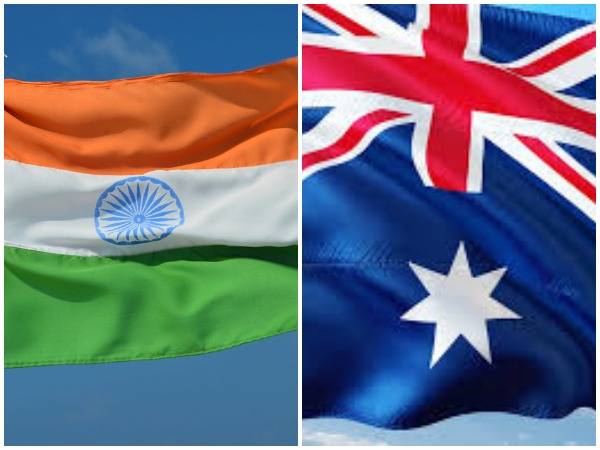
The Albanese Government apart from the public version of the Defence Strategic Review (the Review) also released the Government’s response to the Review, and the National Defence Statement 2023.
Australia must be able to defend its territories and the immediate region, deter any adversary’s attempt to project power through its northern approaches, and protect trade routes and communications, Defence Minister Richard Marles said in the government’s response to the review.
“The Defence Strategic Review, and the Government’s response, is about maintaining peace, security and prosperity in our region. There are a lot of tough decisions which need to be made, but in doing so, we are making them in the best interest of our Defence Force and our nation. Work to implement the Review starts today, ensuring our ADF and our Defence personnel has the capability they need to keep Australians safe,” he said. (ANI)


